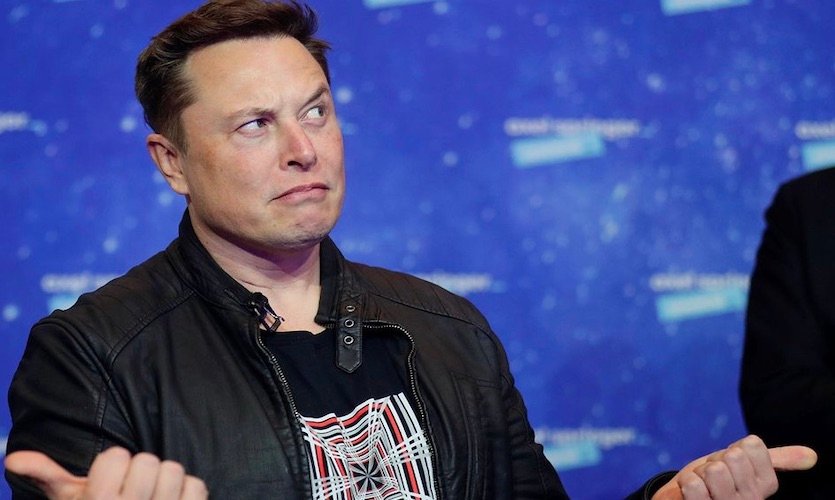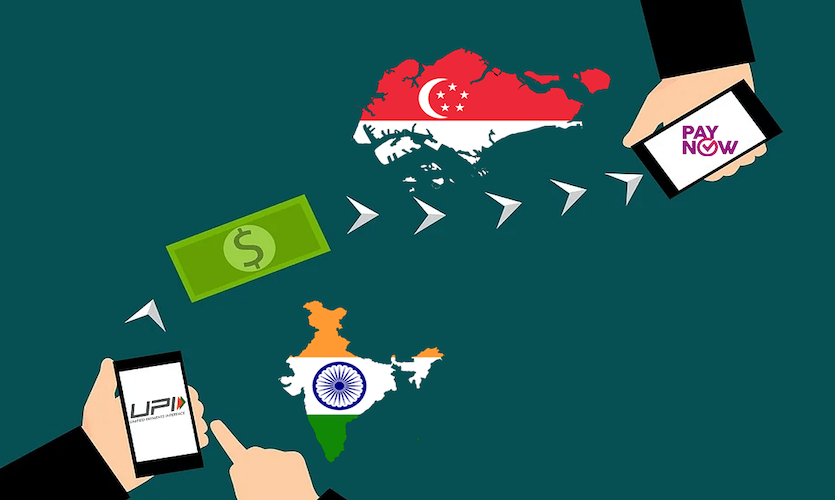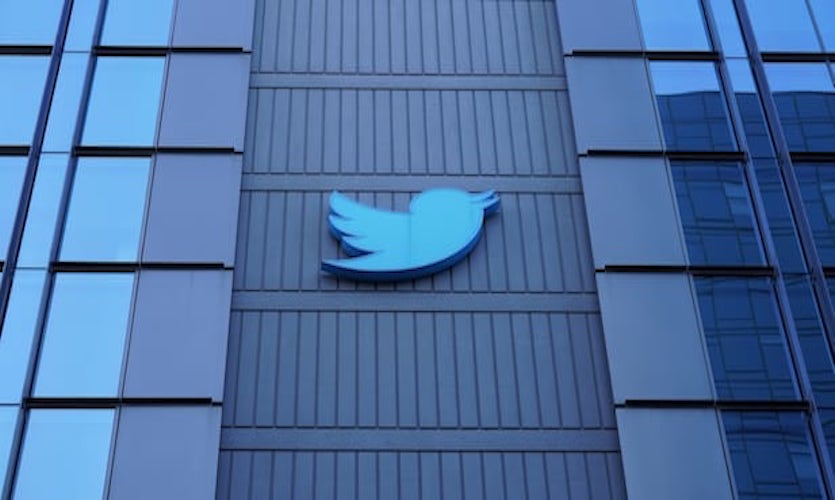Last month, when Elon Musk entered Twitter’s San Francisco office with a kitchen sink in his hands, it was a clear indication that his acquisition of Twitter will close before the deadline, and the platform will certainly change under the new boss’ ownership.
In his first tweet, soon after taking over one of the most influential social media platforms in $44 billion, Musk said that he will make changes in “content moderation” on Twitter, without clarifying his viewpoint on existing policies.
The Tesla CEO also said that those who were banned on Twitter for “minor and dubious reasons” will be allowed back. Apart from this, Musk further tweeted that “comedy is now legal”, along with announcing an $8 per month charge for a blue tick on Twitter.
Before we try to understand what Twitter could shape into in the coming months, we have to admit that Musk is a big face on the platform, with more than 115 million followers, second only to former US president Barack Obama. Musk, who immediately gets over 50,000 likes on his posts and tweets almost immediately, and has the ability to affect the share market, loves Twitter. He loves reading tweets, tweeting and these days the world’s richest man can be seen replying users’ concern in the comments, cracking jokes in his tweets and promising that Twitter will do “lots of dumb things” in the coming months.
Elon Musk is also receiving widespread criticism for laying-off employees and behaving like a toxic boss at Twitter.
‘Prepare For Difficult Time Ahead’
In his first email to the Twitter staff last week on Wednesday, Musk warned his employees to prepare for “difficult times ahead”. He also banned remote work and categorically told them to either come to office or resign. He also said in his email that he is expecting 80-hour work weeks from all the employees.
Musk further mentioned in his email, reviewed by Bloomberg, that there was “no way to sugarcoat the message” about the economic outlook. “Without significant subscription revenue, there is a good chance Twitter will not survive the upcoming economic downturn,” said Musk.
Earlier, he had warned Twitter employees that the company could go bankrupt if it does not start generating more money. He claimed during his first office meeting with the Twitter staff that the company is losing $4 million dollars every day since many companies, including the largest US car maker General Motors, halted its ads on Twitter citing uncertainty under the new ownership of the microblogging platform.
Rising Hate Content
Hours after the billionaire technocrat took over Twitter, hateful content in the form of racist slurs, Nazis memes, and abusive language against women, journalists, and activists boomed on the social media platform. It seems that anonymous trolls on Twitter are testing Musk’s new ownership in the name of free speech, with a flood of racist and abusive posts, which can be taken as an indication that the fear of online hate will rise under the new ownership.
The Washington Post mentions in a report that the Network Contagion Research Institute (NCRI), a group that analyses hundreds of millions of messages across social media, said that the use of the ‘n-word’ on the platform spiked nearly 500 percent within 12 hours after of Musk finalising the deal. The report further added that online harassment and hatred against the LGBTQ community have also increased since Musk took over charge.
The Human Rights Campaign, an LGBTQ civil rights group, also expressed concern over Elon Musk’s acquisition of Twitter. “Musk has pledged to restore the accounts of dangerous people who push extremism and disinformation. When this happens, Twitter – a place where many marginalised people, including LGBTQ+ people, find both community and face an onslaught of hate – will quickly become even more hostile. Adding insult to injury, Musk’s reported plans to cut staff levels – including employees who provide moderation – are deeply troubling.”
Paul M Barrett, the deputy director of New York University’s Center for Business and Human Rights, said that even a council under Musk would face more scepticism because of his “notoriously erratic and imperious personality”. “To make an advisory body work, he would have to give it some degree of independence and make it very transparent,” said Barrett. “Frankly, I am not that optimistic, but as the whole Musk-Twitter saga has illustrated, he is full of surprises,” he added.
According to the Economic Times, left-leaning accounts have been losing followers while right wingers have enjoyed a boom soon after Musk acquired Twitter.
The report added that the average number of followers for all US Senate Democrats dropped by around 0.2 percent between April 25 and 26, while that of accounts linked to Republicans had increased by 0.8 percent.
What Does Musk Want?
Since April, Elon Musk, being the largest shareholder (9.2 percent) in the company, had suggested to Twitter that the microblogging platform needs some major changes, and needs to create a super-app like WeChat. To compete with Chinese social media apps, Musk said that Twitter needs an application with “everything”, including features like messaging, video chatting, video games, photo sharing, ride services, food delivery, banking, and shopping.
Musk believes that more interesting features on Twitter will help companies in generating more money.
In late April, when Twitter accepted Elon Musk’s bid to buy the entire company, it was a clear message that he is coming to change the social media platform the way he wants.
It is too early and hard to predict where Twitter will go and how Musk will give it shape in the long term, nevertheless it is true that online hate will certainly boom in the next coming months.
Experts believe that Musk’s single-handedly drastic decisions may harm the company. However, it’s very interesting to see how the Tesla chief and the self-described “free speech absolutist” Elon Musk will follow the rules of Twitter. When billionaire Jeff Bezos’ took over the ownership of one of the largest and most critical newspapers of the US, he decided to not touch the editorial of the newspaper. Can Musk follow the same path?
Read more: What Does Musk’s Twitter Acquisition Really Mean For Free Speech?









